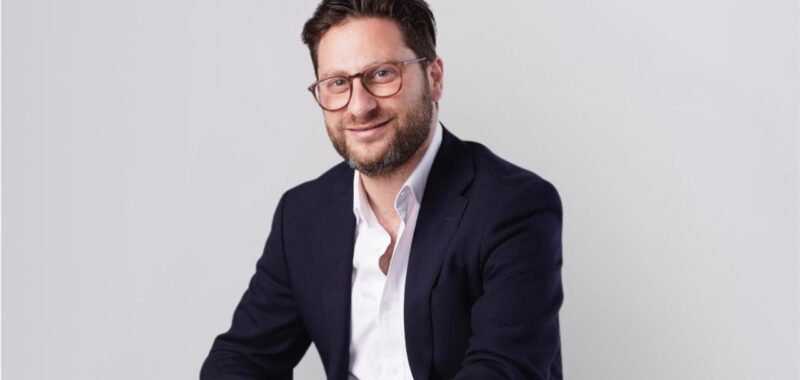Six years ago, I sat in a Transform coaching session, overwhelmed but determined, as I faced an important career realisation: to grow our business, I first needed to grow as a leader.
Back then, managing a team of five property managers, I could rely on intuition and a hands-on approach.
I could sense exactly what my team needed just by watching them walk through the door each morning.
Through various growth spurts, that intimate leadership style has become impossible to maintain.
As our property management division has nearly tripled in size and the industry has transformed around us, I’ve had to completely reimagine what effective leadership looks like.
The pandemic accelerated changes that might have taken years to materialise, pushing our industry to adapt faster than ever before.
Through this evolution, one truth has become crystal clear: the traditional approaches to leadership in our field are no longer sufficient for today’s challenges.
I learned this lesson firsthand.
Standing in our rapidly expanding office one morning, I had a revelation that would transform my entire approach to leadership.
For years, I had prided myself on my ability to sense exactly which team members needed support just by watching them walk through the door.
But as our property management division nearly tripled in size, this intuitive, hands-on approach had become impossible to maintain.
This moment of realisation reflected a broader truth about our industry: what works for a small team rarely scales to a larger operation.
As our rent roll grew and we acquired new portfolios, the leadership style that had built our initial success became a barrier to future growth.
Managing five property managers allowed for an intimate leadership approach, but with thirteen direct reports across property management, leasing, and support roles, this method needed to be revised.
At Besser & Co, our transformation began with fundamentally restructuring our leadership approach.
We introduced team leaders to manage smaller groups, ensuring that personal connection and support remained strong even as we expanded.
We brought in a Head of Property Management focused purely on operations, allowing me to step back and work on the business rather than in it.
These changes required tremendous trust and the courage to delegate absolute authority – a challenge many growing property management firms face.
This evolution in our leadership structure came at an important time: As the pandemic accelerated industry changes and reshaped client expectations, we seized the opportunity to reimagine our team support and development approach completely.
Adapting to modern workplace needs
To meet the evolving needs of our team and remain competitive, we implemented several key changes:
– Implemented a four-day office schedule with flexible hours, proving essential for both retention and recruitment
– Overhauled our hiring process to focus on cultural fit and adaptability, introducing Caliper testing
– Developed a 12-week onboarding program for new team members and established fortnightly training sessions on legislative changes
– Created clear KPIs that balance both quantity and quality of work
These systems have helped us maintain a 98 per cent client satisfaction rate even as we’ve grown.
More importantly, they’ve created a framework that can scale – whether we expand by 100 properties or 1,000, we can maintain consistent service quality.
Looking ahead, I believe tomorrow’s successful property management leaders will be those who can balance the human element of our business with the efficiencies that technology and proper systems bring.
Final thoughts
For those stepping into leadership roles in property management today, here are my most important lessons:
– Before you’re a leader, success is all about growing yourself. When you become a leader, success is all about growing others.
– Don’t be afraid to admit what you don’t know, and always be ready to adapt your approach as your team grows.
– Start by auditing your current processes, invest in your team’s development, and create scalable systems that can grow with your business.
If we were to sit down and talk again in another six years, things would have changed again.
But what won’t change is that in property management, our greatest assets aren’t just the properties we manage—they’re also the people who manage them.

